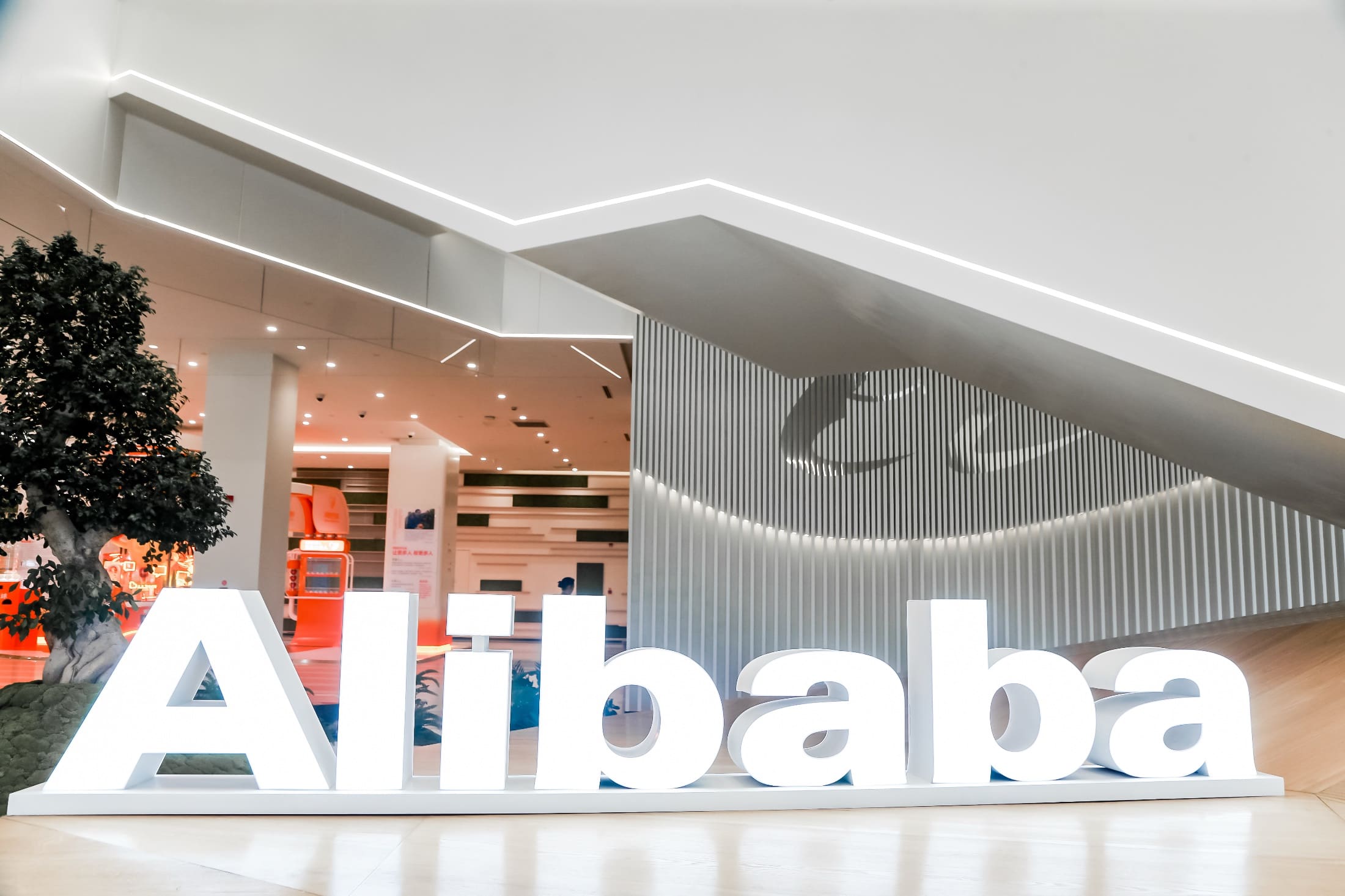In-Short
- Alibaba Cloud open-sources over 100 AI models, known as Qwen 2.5, at Apsara Conference.
- New full-stack infrastructure introduced to support AI computing demands.
- Qwen model series exceeds 40 million downloads, with significant contributions to the open-source community.
- Alibaba Cloud enhances its AI offerings with new models and computing solutions.
Summary of Alibaba Cloud’s AI Developments
Alibaba Cloud has made a significant contribution to the AI community by open-sourcing more than 100 AI models, collectively termed Qwen 2.5. This move, announced at the Apsara Conference, is part of the company’s efforts to bolster the development and application of AI technologies across various sectors. The Qwen 2.5 models, which vary in size and capabilities, support over 29 languages and are designed for diverse applications in industries such as automotive, gaming, and scientific research.
The cloud computing giant has also revamped its infrastructure to meet the increasing demand for AI computing. This includes innovative cloud products and services that improve computing, networking, and data center architecture. Eddie Wu, Chairman and CEO of Alibaba Cloud Intelligence, emphasized the company’s commitment to investing in AI technology and global infrastructure to serve customers worldwide.
Since its introduction in April 2023, the Qwen model series has seen over 40 million downloads and has led to the creation of thousands of derivative models. The open-source initiative is expected to empower developers and businesses, fostering growth within the open-source community. Alibaba Cloud has also upgraded its flagship model, Qwen-Max, and introduced new multimodal capabilities with a text-to-video model and an updated vision language model, Qwen2-VL.
Additionally, Alibaba Cloud has launched several new cloud solutions, including CUBE DC 5.0 for data center efficiency, Alibaba Cloud Open Lake for data utility in generative AI, PAI AI Scheduler for computing resource management, DMS: OneMeta+OneOps for metadata management, and the 9th Generation Enterprise Elastic Compute Service (ECS) instance for improved application performance.
These updates aim to provide comprehensive support for customers and partners in leveraging the latest technology for more efficient, sustainable, and inclusive AI applications.
For more detailed insights, visit the original source.










